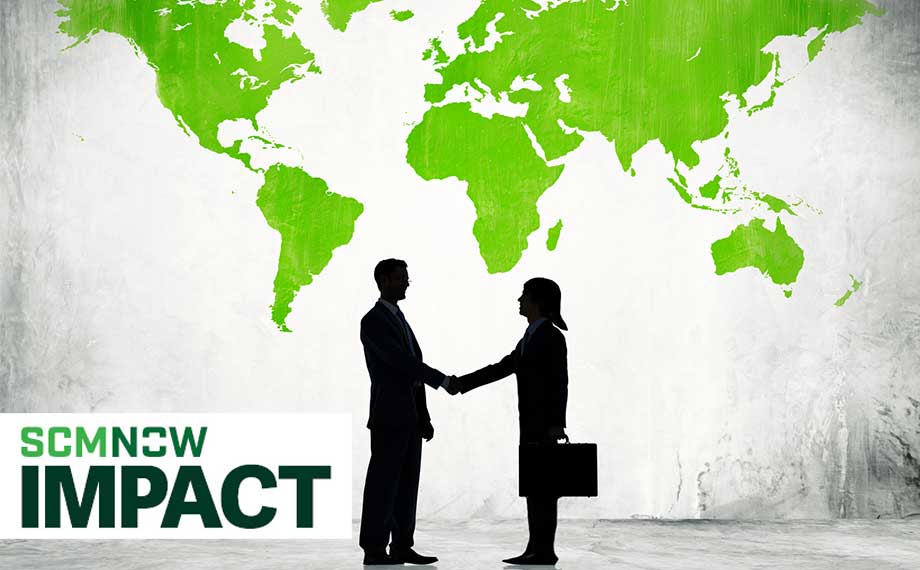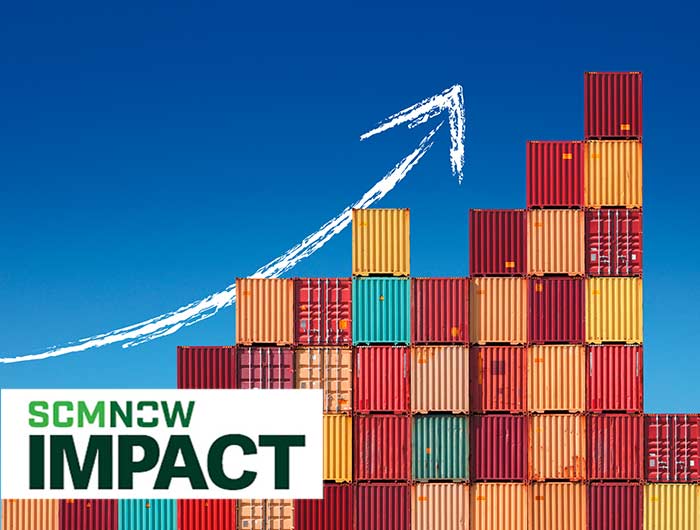Like most people around the world, we’ve been closely following the news on President Trump’s tariffs this week. His “Liberation Day” caused a global market meltdown as businesses and traders around the world reacted to the announcement. But just as quickly, Trump backtracked on what he said, creating widespread confusion.
Hours after goods from nearly 75 trading partners became subject to stiffer, so-called reciprocal tariffs imposed by the United States, Trump implemented a 90-day pause, dropping the taxes on imports from most U.S. trade partners to 10%, CNBC reports. Conversely, tariffs for Canada and Mexico are “still subject to 25% tariffs on goods that don’t comply with the U.S.-Mexico-Canada Agreement trade deal, as well as the 25% tariffs on steel and aluminum and foreign autos,” reports the Wall Street Journal, though other goods are exempt. Meanwhile, tariffs for China have now shot up to 145%; China retaliated by increasing tariffs on American goods to 125%, per CNBC. For its part, the EU is pausing countermeasures put in place after the initial tariff announcement, notes Reuters.
Alas, the unpredictability of the announcements remains. Whether they’re levied at 10% or 90%, the “newly imposed tariffs are expected to have far-reaching effects across various industries,” the International Business Times explains. “These added expenses could lead to higher consumer prices, delayed product launches, and increased pressure on already-constrained semiconductor and electronics supply chains.
But business leaders aren’t the only ones struggling to keep track of which tariff applies to which product; suppliers are worried about the pending repercussions of the new charges. Now more than ever, it’s vital for supply chain professionals to nurture relationships with suppliers — to promote trust, enhance collaboration and demonstrate and invest in the partnership.
There are myriad key tactics to try, writes ASCM Editor-in-Chief Elizabeth Rennie:
- Identify reliable suppliers. By analyzing historical performance data, supply chain professionals can identify suppliers with a proven track record of delivering high-quality products on time.
- Centralize supplier databases to help you easily compare suppliers, track performance data and manage communication.
- Increase communication to avoid misunderstanding and foster a sense of partnership. Discuss challenges openly, share forecasts and provide feedback to keep suppliers informed.
But building successful supplier relationships isn’t just about finding the best supplier; you need to be a worthwhile customer and partner. For instance, look for opportunities to collaborate on “new product development discussions or joint-planning initiatives,” Rennie advises, and of course make payments promptly. Finally, consider formally recognizing good work to demonstrate your commitment and reinforce positive behavior.
Continuous learning for an ever-evolving landscape
Fostering successful — and lucrative — relationships with suppliers is a long-term process. Tariffs are the latest disruption to hit the industry, but we’ve been dealing with uncertainty for a long time. Something that doesn’t change is the necessity of education in an evolving world. ASCM’s Supplier Relationship Management Certificate is designed to support supply chain professionals identify, evaluate and deepen supplier and vendor relationships; evaluate and monitor the benefits and risks associated with suppliers; and enhance organizational efficiency and drive value across your supply chain. Supplier-customer collaboration is a crucial part of keeping our supply chains resilient so we can handle future upheavals with our partners by our side. Learn more today.
Stay informed and prepared with ASCM's Tariff Tracker, your essential source for navigating complex tariff changes. We deliver expert analysis alongside relevant news, empowering you and your team to understand potential disruptions and develop effective mitigation plans.



